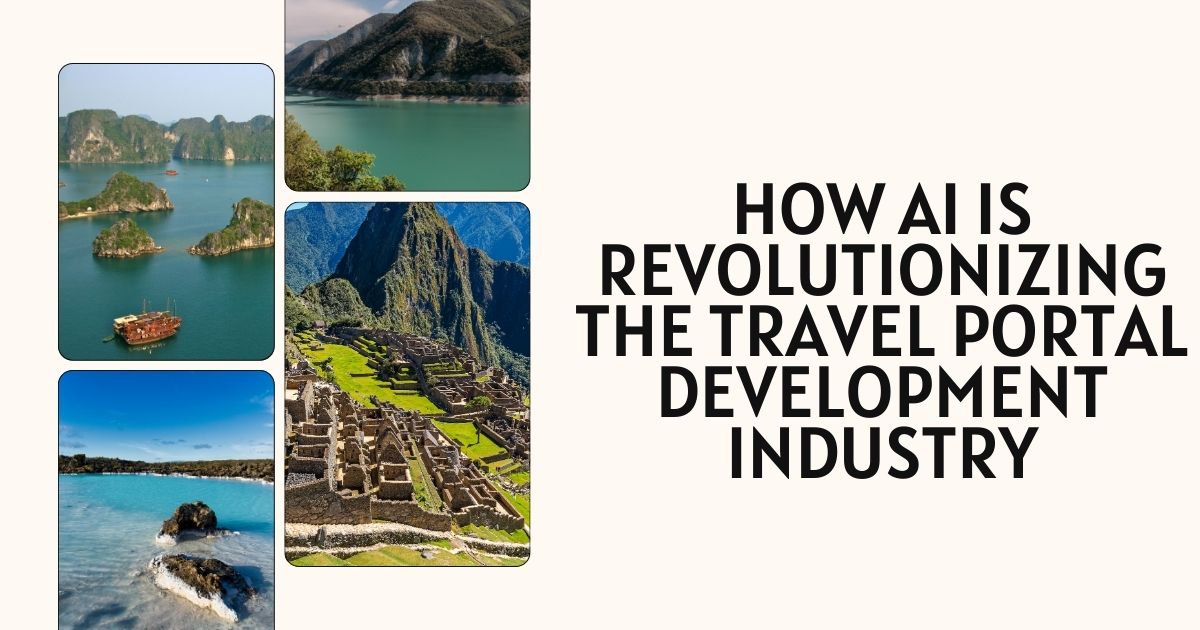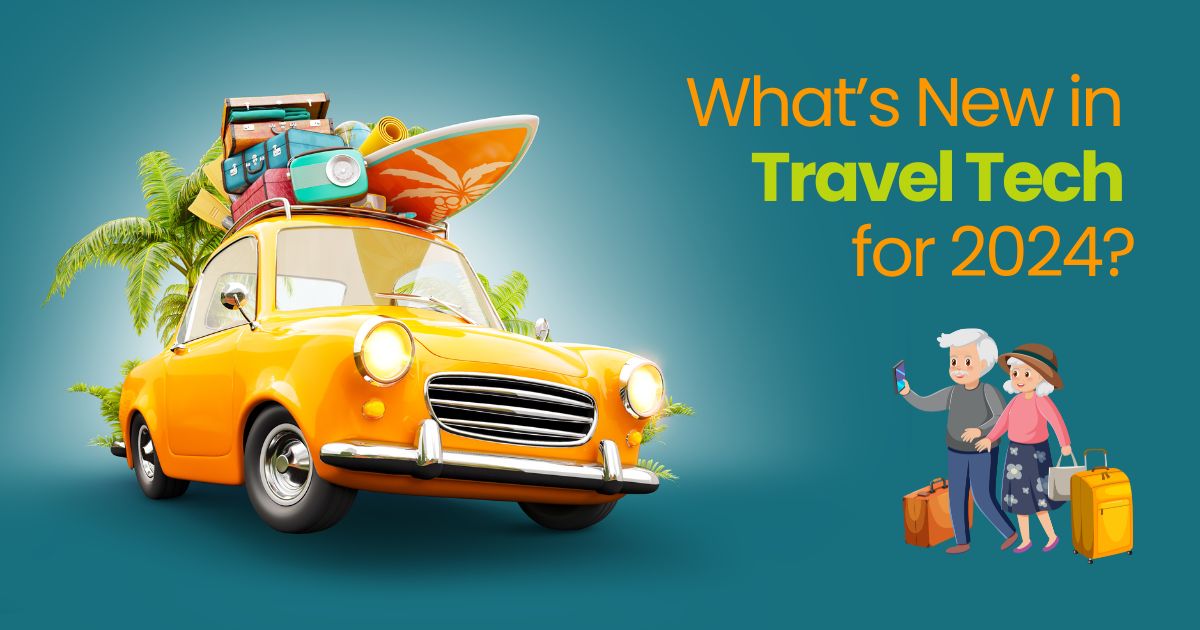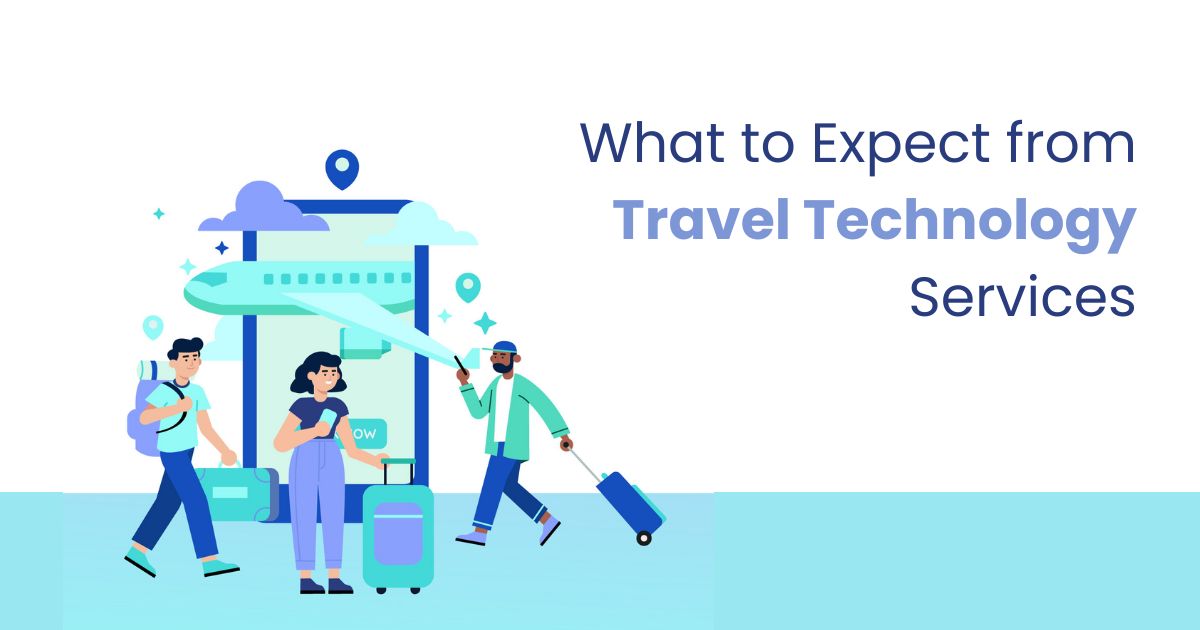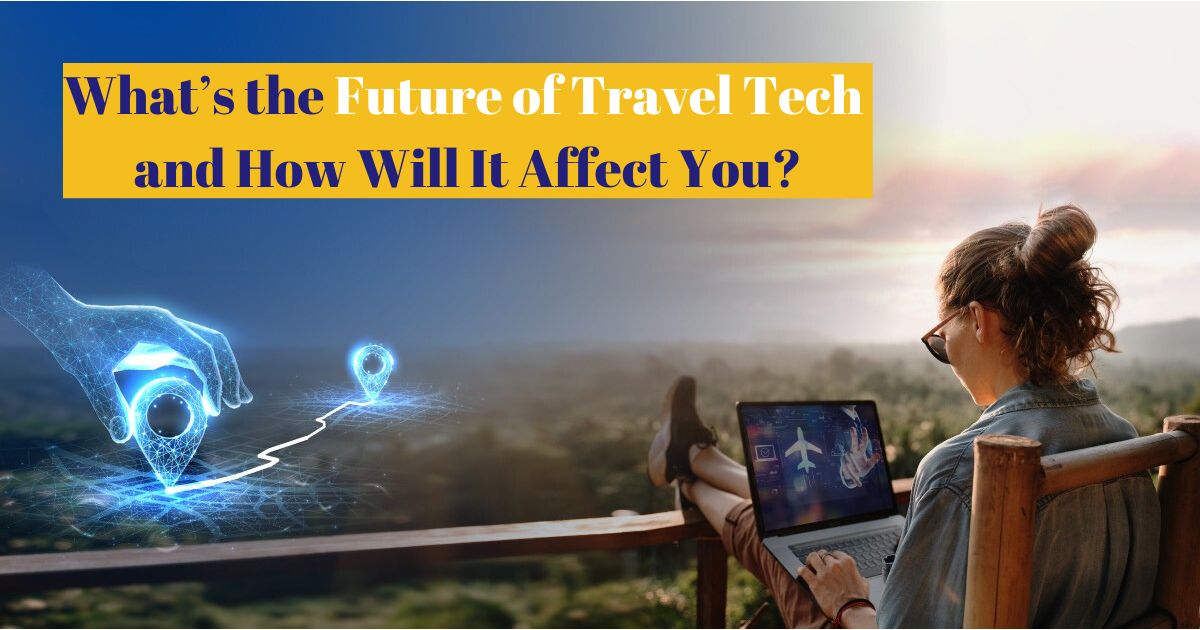The travel industry has undergone significant transformation over the past few decades, with technological advancements playing a pivotal role. One of the most impactful technologies in recent years has been Artificial Intelligence (AI). As we step into 2024, AI is set to revolutionize travel portal development, bringing unprecedented changes to how travel businesses operate and how travelers plan and experience their journeys. This comprehensive article delves into the myriad ways AI is reshaping the travel portal development industry, highlighting key trends, benefits, and future prospects.
Travel Technology Solutions: Enhancing Your Travel Journey with Advanced Technology SolutionsArtificial Intelligence, often referred to as AI, encompasses a range of technologies that enable machines to mimic human intelligence, including learning, reasoning, problem-solving, and decision-making. In the context of travel portal development, AI applications span from chatbots and virtual assistants to predictive analytics and personalized recommendations. The integration of AI in travel portals enhances user experiences, optimizes operations, and drives revenue growth.
The Evolution of Travel Portals
Travel portals have evolved from simple booking engines to sophisticated platforms offering a wide array of services. Initially, these portals served as basic intermediaries for booking flights, hotels, and car rentals. However, with the advent of AI, travel portals have transformed into intelligent systems capable of understanding and anticipating user needs.
Early Travel Portals: A Brief History
- 1990s: The emergence of online travel agencies (OTAs) like Expedia and Priceline revolutionized the travel industry by enabling online bookings.
- 2000s: Integration of customer reviews, comparison tools, and mobile applications enhanced user engagement and convenience.
- 2010s: The introduction of AI technologies, such as chatbots and machine learning algorithms, began to influence travel portals.
Modern Travel Portals: AI at the Core
- Personalization: AI-driven personalization offers tailored recommendations based on user preferences and behavior.
- Automation: Automating routine tasks, such as booking confirmations and itinerary management, improves efficiency.
- Predictive Analytics: AI models predict trends and customer behavior, enabling proactive service offerings.
Key AI Technologies Transforming Travel Portals
AI technologies encompass a variety of tools and methodologies that collectively enhance travel portal functionalities. Some of the key AI technologies making a significant impact include:
1. Chatbots and Virtual Assistants
Chatbots and virtual assistants leverage natural language processing (NLP) and machine learning to provide real-time customer support and assistance. They can handle a wide range of tasks, from answering queries to managing bookings.
- 24/7 Availability: Chatbots offer round-the-clock support, ensuring customers receive assistance at any time.
- Instant Responses: Automated responses reduce wait times and improve customer satisfaction.
- Cost Efficiency: Reducing the need for human agents, chatbots lower operational costs.
2. Predictive Analytics
Predictive analytics involves using historical data and machine learning algorithms to forecast future trends and behaviors. In travel portals, predictive analytics helps in optimizing pricing, predicting demand, and enhancing customer experiences.
- Dynamic Pricing: AI algorithms adjust prices based on demand, competition, and other factors.
- Demand Forecasting: Predictive models forecast travel trends, enabling better resource allocation.
- Personalized Offers: Predictive analytics tailors offers and promotions to individual customers.
3. Personalization Engines
Personalization engines analyze user data to deliver customized recommendations and experiences. These engines use AI to understand user preferences and behavior patterns.
- Tailored Itineraries: Personalized travel itineraries enhance user satisfaction.
- Relevant Recommendations: AI suggests activities, accommodations, and dining options based on user interests.
- Increased Engagement: Personalization fosters customer loyalty and repeat business.
4. Computer Vision
Computer vision technology enables machines to interpret and process visual information. In travel portals, it is used for applications such as image recognition, augmented reality (AR), and virtual reality (VR) experiences.
- Image Recognition: AI can analyze and categorize travel photos, enhancing search functionalities.
- AR/VR Experiences: Virtual tours and augmented reality guides enrich user engagement and decision-making.
- Facial Recognition: Enhances security and streamlines processes at airports and hotels.
Benefits of AI in Travel Portal Development
The integration of AI in travel portal development offers numerous benefits, revolutionizing both the operational aspects of travel businesses and the customer experience.
Enhanced Customer Experience
AI-driven travel portals provide a seamless and personalized customer experience, which is crucial for attracting and retaining users.
- Personalized Recommendations: AI tailors suggestions based on user preferences, making travel planning more enjoyable.
- Efficient Customer Support: Chatbots and virtual assistants handle queries promptly, enhancing user satisfaction.
- Seamless Booking Process: Automation streamlines the booking process, reducing friction and improving user experience.
Operational Efficiency
AI optimizes various operational aspects of travel businesses, resulting in cost savings and improved efficiency.
- Automated Processes: Routine tasks, such as booking confirmations and cancellations, are automated, freeing up human resources.
- Resource Optimization: Predictive analytics helps in efficient resource allocation, such as staff scheduling and inventory management.
- Reduced Costs: Automation and efficiency improvements lead to significant cost savings.
Data-Driven Insights
AI provides valuable insights through data analysis, enabling travel businesses to make informed decisions and strategies.
- Customer Behavior Analysis: AI analyzes user behavior, providing insights into preferences and trends.
- Market Trends: Predictive analytics identifies emerging market trends, allowing businesses to adapt proactively.
- Performance Metrics: AI tracks key performance indicators (KPIs) and provides actionable insights for improvement.
Security and Fraud Prevention
AI enhances security measures and mitigates risks associated with fraud and cyber threats.
- Fraud Detection: AI algorithms detect suspicious activities and prevent fraudulent transactions.
- Secure Payments: AI ensures secure and seamless payment processing.
- Identity Verification: Facial recognition and biometric technologies enhance identity verification processes.
AI in Action
Several leading travel companies have successfully integrated AI into their portals, showcasing the transformative potential of this technology.
1. Expedia: Personalized Travel Experiences
Expedia leverages AI to offer personalized travel recommendations and experiences. By analyzing user data, Expedia provides tailored suggestions for accommodations, activities, and dining options, enhancing user satisfaction and engagement.
- Dynamic Pricing: AI-driven dynamic pricing models optimize room rates based on demand and competition.
- Chatbots: Expedia’s chatbots handle customer queries and assist with bookings, providing 24/7 support.
- Predictive Analytics: AI predicts travel trends and user preferences, enabling proactive service offerings.
2. Airbnb: Enhancing Guest and Host Experiences
Airbnb utilizes AI to improve both guest and host experiences. AI-driven tools help in listing optimization, pricing strategies, and customer support.
- Smart Pricing: AI algorithms suggest optimal pricing for listings based on market conditions and demand.
- Personalized Search: AI enhances search functionalities by understanding user preferences and providing relevant results.
- Automated Support: AI-powered chatbots assist with common queries and issues, improving customer service.
3. Booking.com: Streamlining Operations
Booking.com employs AI to streamline operations and enhance customer experiences. From personalized recommendations to automated customer support, AI plays a crucial role in their platform.
- Personalized Itineraries: AI tailors travel itineraries based on user preferences and past behavior.
- Efficient Booking Process: Automation reduces friction in the booking process, improving user experience.
- Fraud Prevention: AI detects and prevents fraudulent activities, ensuring secure transactions.
Future Prospects of AI in Travel Portal Development
As AI continues to evolve, its impact on travel portal development is expected to grow, bringing even more innovative solutions and opportunities.
Advanced Personalization
Future AI technologies will offer even more advanced personalization, delivering hyper-tailored experiences to travelers.
- Contextual Recommendations: AI will provide recommendations based on real-time context, such as location, weather, and events.
- Voice-Activated Assistants: Voice recognition technology will enable more natural interactions and personalized assistance.
Enhanced Predictive Analytics
Predictive analytics will become more sophisticated, providing deeper insights and more accurate forecasts.
- Travel Disruption Predictions: AI will predict potential travel disruptions, such as flight delays and cancellations, allowing travelers to plan accordingly.
- Customer Lifetime Value: AI will assess the lifetime value of customers, enabling targeted marketing and retention strategies.
Smart Travel Ecosystems
AI will facilitate the creation of smart travel ecosystems, where various services and platforms are interconnected for seamless experiences.
- Integrated Platforms: AI will enable seamless integration of travel services, from booking and transportation to accommodations and activities.
- IoT Integration: Internet of Things (IoT) devices will enhance travel experiences, providing real-time information and personalized services.
Ethical AI and Data Privacy
As AI becomes more prevalent, ethical considerations and data privacy will be paramount.
- Transparent AI: Travel companies will adopt transparent AI practices, ensuring ethical use of data and algorithms.
- Enhanced Data Security: AI will play a crucial role in safeguarding user data and ensuring compliance with privacy regulations.
Conclusion
AI is undeniably revolutionizing the travel portal development industry in 2024. From enhancing customer experiences and optimizing operations to providing data-driven insights and ensuring security, AI offers myriad benefits that are transforming how travel businesses operate. As AI technologies continue to evolve, the future of travel portals looks promising, with even more innovative solutions on the horizon. Embracing AI is no longer an option but a necessity for travel businesses aiming to stay competitive and deliver exceptional value to their customers.
In conclusion, the integration of AI in travel portal development is not just a trend but a paradigm shift that is set to redefine the travel industry. By leveraging AI technologies, travel businesses can unlock new opportunities, drive growth, and create unforgettable travel experiences for their customers.








